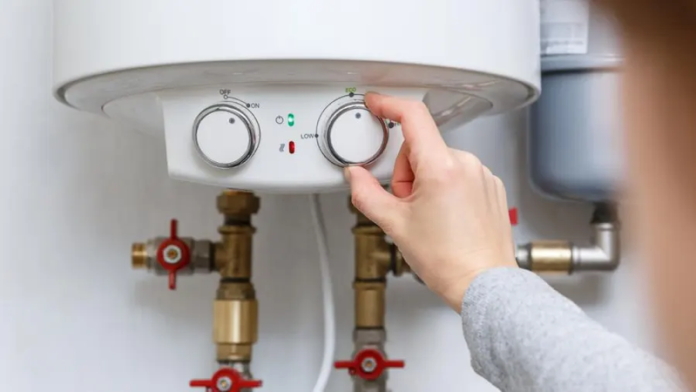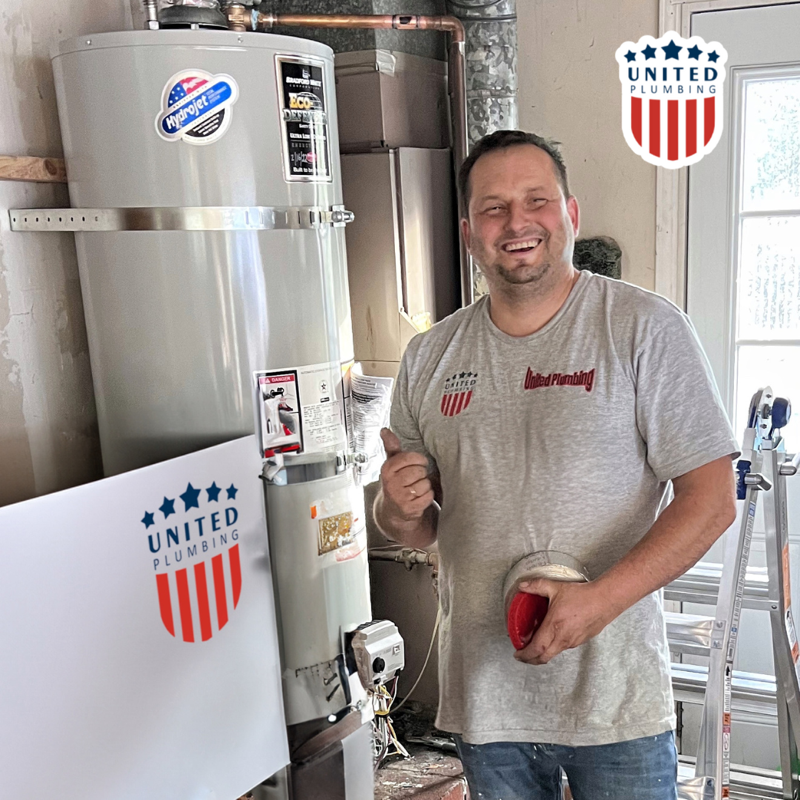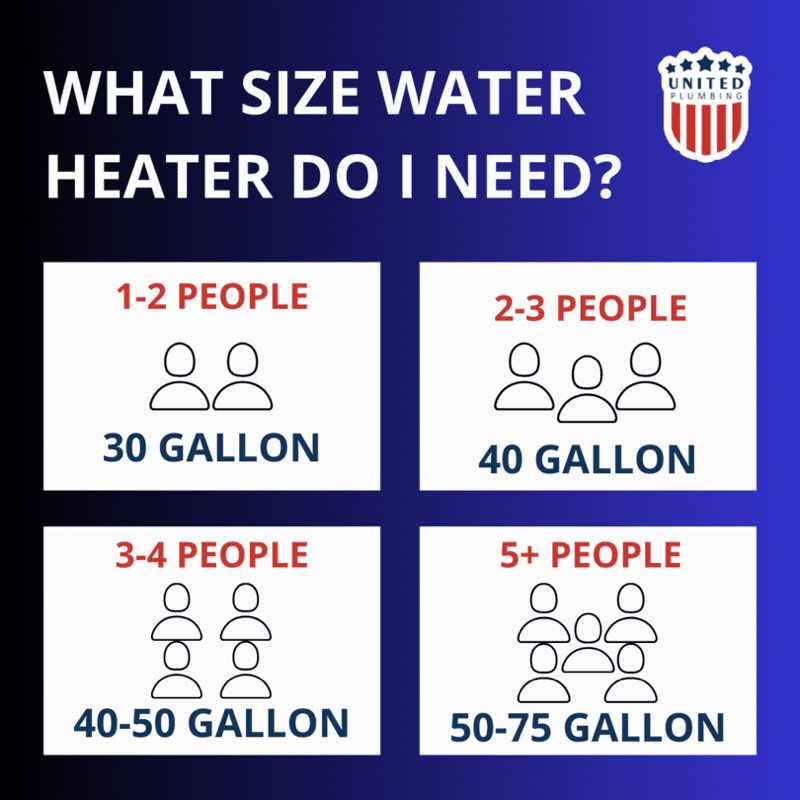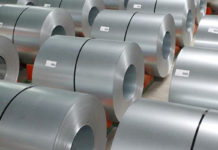Installing a water heater is a crucial decision that can significantly impact your home’s comfort and energy efficiency. The first decision you’ll need to make is the type of water heater that suits your requirements. There are various options available, including tankless water heaters, storage tank electric: heat pump and hybrid water heaters; gas water heaters with natural gas or propane usage. Each type has its own advantages and disadvantages.
Tankless water heaters, for instance, provide hot water on demand and are energy-efficient.
Heat Pump Water Heaters use electricity to move heat from the air or ground to heat water, making them incredibly energy-efficient. They are ideal for homeowners who prioritize sustainability.
Hybrid water heaters – a relatively new addition to the market, combine the benefits of electric and heat pump technology. Delivers hot water faster than most standard electric water heaters.
Gas water heaters – is a device that utilizes natural gas or propane to heat water. The primary component of a gas water heater is the burner, which ignites the gas and transfers heat to the water in a specialized tank.
But how do you make the right choice, considering your household size, hot water usage patterns, and energy efficiency goals? United Plumbing can help you with that.
United Plumbing – is a plumbing company that has been operating in California for more than 5 years. With over 800 water heater installations annually, United Plumbing has amassed a wealth of experience and insights into what works best for homeowners. Leveraging this extensive expertise, we’re well-positioned to provide tailored recommendations to ensure optimal performance and satisfaction of the homeowners. It’s worth noting that in addition to the main factors, you should also consider the capabilities of your home. It is not always possible to install a water heater the way you want. For example, if you live in a house that has gas, then a gas water heater will be the best solution, because natural gas is often less expensive than electricity, allowing you to save on energy bills. Let’s take a look at everything you need to know before installing a water heater.
Fuel Source:
As we said earlier the homeowner is always limited in their choices, as the water heater needed will depend on what fuel source is available. Different water heaters operate on various fuel sources such as electricity, natural gas, propane, or air-source and ground-source for heat pumps. The availability and cost of these fuel sources in your area can impact your decision.
When choosing a fuel source, you should also pay attention to the legislation of the region in which you are located. California is focusing on making changes at the household level. In September 2022, CARB voted to ban gas heaters and water heaters. The ban is set to come into effect in 2030, meaning you won’t have the option of buying one after 2030. The ban on gas heaters and water heaters is part of a broader effort to combat climate change and limit ozone levels in the atmosphere. In the quest for more energy-efficient and environmentally-friendly options, United Plumbing recommends alternative water heaters that offer distinct advantages over traditional gas water heaters: electric water heaters, heat pump and hybrid water heaters. United Plumbing experts talk in more detail about alternatives to gas water heaters on their blog.
Capacity and Size:
The size of your water heater should align with the demands of your household. A unit that is too small may struggle to meet your hot water needs, while an oversized unit can result in unnecessary energy consumption. Consider factors such as the number of occupants in your home, the number of bathrooms, and your daily hot water usage patterns. Calculate the required capacity to ensure your water heater meets your family’s demands without being overly large.
Energy Efficiency:
Energy efficiency is a critical factor in reducing utility bills and minimizing environmental impact. Check the Energy Factor (EF) rating of the water heater, which indicates its efficiency. Electric water heaters, hybrid water heaters, heat pumps, and tankless water heaters are considered energy efficient. Investing in an energy-efficient water heater may have a higher upfront cost but can result in long-term savings.
Installation Costs and Professional Assistance:
Before making a final decision, consider the upfront costs associated with the purchase and installation of the water heater. Factor in any additional costs such as plumbing modifications or electrical work.
Can I Install a Water Heater Myself?
Installing a water heater might seem straightforward for many. However, while the process isn’t overly complex, you can even do the installation according to Youtube videos. But the installation process would need a lot of time. Just because you see an installer completing the task in 2-3 hours doesn’t necessarily mean you can match their speed. Licensed companies invest thousands of hours training their plumbers to swiftly and effectively install and service water heaters. So, count on that you may need for 8-10 hours or possibly more to the installation process.
Moreover, there’s the crucial aspect of accountability to consider. If you decide to install it yourself and encounter issues such as gas or water leaks, or worse, an explosion, the responsibility and consequences would squarely rest on you. Conversely, relying on a professional licensed company shifts this burden—they assume responsibility for any malfunctions. Additionally, in the unfortunate event of an incident, insurance coverage would mitigate your losses.
Plumbing companies prioritize safety and quality assurance, ensuring that installations are executed by certified professionals, endorsed by the company itself.
By evaluating the type of water heater, fuel source, capacity, energy efficiency, and installation costs, you can make an informed decision that enhances your home’s comfort while minimizing long-term expenses. Prioritize energy efficiency and seek professional assistance to guarantee a successful and trouble-free water heater installation.

















